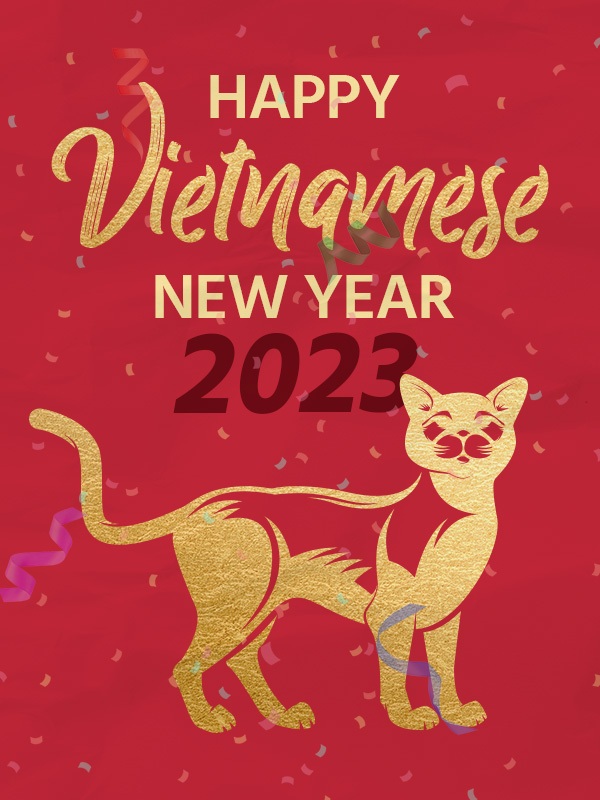"Most years in this calendar system, known as a lunisolar calendar, are between 353 and 355 days long. (Leap years have between 383 and 385 days.) China uses the Gregorian calendar for most civil and governmental purposes, while the traditional Chinese calendar is used for holidays and festival dates. The first lunisolar calendars in China were established during the Zhou dynasty (1046 BC – 256 BC). During this period, the beginning of the new year was set as the day of the last new moon that occurred prior to the winter solstice. As various dynasties rose and fell throughout Chinese history, the calendar was revised and rewritten until it evolved into the Chinese calendar we know today during the late Ming dynasty(opens in new tab) in the 17th century."
That is interesting about China. The ancient Babylonians celebrated Aiktu, the Babylonian New Year and brought out the 7 tablets of creation, celebrating Marduk defeat of Tiamut and the creation of the universe. Mesopotamian texts show festival and New Year celebrations too.
"c. Festivals Most cities and temples had their own distinctive festivals and sacred days. At Babylon, Erech and Ur, as at Assur, Nineveh and Calah, the New Year Festival (akitu) was the most outstanding, held in the spring, but not exclusively, and with varying practices at different centres and periods. At Babylon the ceremonies lasted 2 weeks with numerous rites including a procession of gods to Marduk’s temple."



